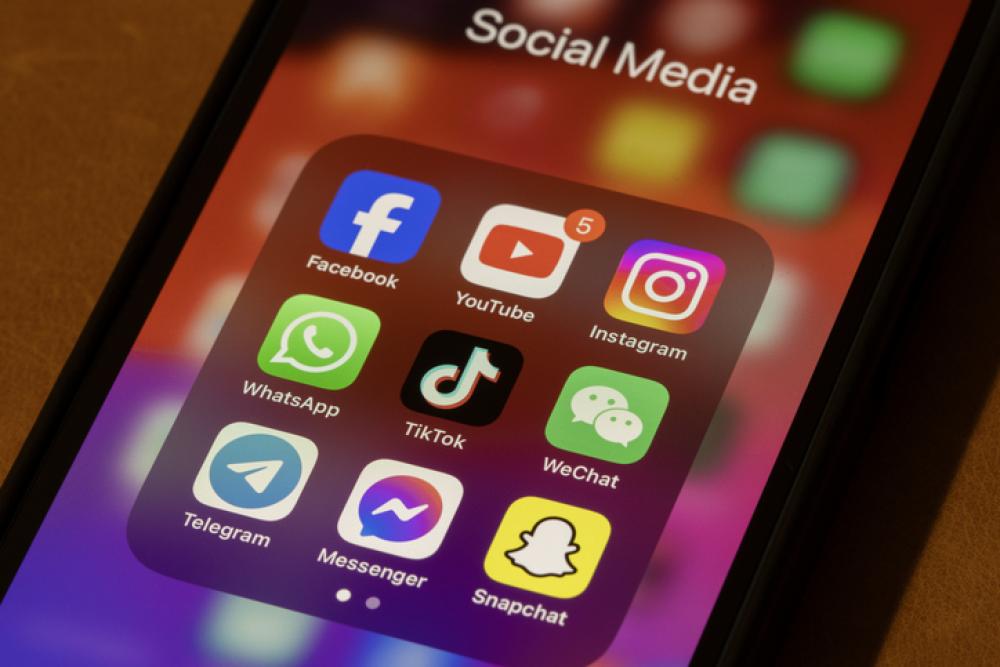Bluesky will block access from Mississippi IP addresses rather than comply with a Mississippi age-verification law that the U.S. Supreme Court allowed to stand last week (see 2508140048), the social media company said in a statement Friday.
A Florida social media law that would prohibit children 13 and younger from creating social media accounts is content-neutral and furthers governmental interests in protecting them from online harms, said a bipartisan coalition of 27 states and Washington, D.C., on Wednesday.
This month's D.C. Circuit U.S. Court of Appeals decision in Pileggi v. Washington Newspaper further widened the circuit split on the Video Privacy Protection Act (VPPA), increasing the likelihood that the U.S. Supreme Court will review the 1988 federal statute, privacy lawyers said in interviews with Privacy Daily. The D.C., 2nd, 6th and 7th circuits have ruled on VPPA cases recently without much uniformity.
NetChoice lacks standing to challenge the Ohio Social Media Parental Notification Act, nor does the law violate the First Amendment, said Attorney General Dave Yost (R) in a brief filed Tuesday. He asked the 6th Circuit U.S. Court of Appeals to reverse an April decision by the U.S. District Court for Southern Ohio to enjoin the law (see 2504180031).
The age-assurance landscape is shifting so quickly that it feels like "building the plane while flying it," IAPP Vice President Caitlin Fennessy said Wednesday during an IAPP webinar. With new laws, technologies and approaches cropping up globally, the privacy community must become more engaged in age-assurance activities and decisions, speakers said.
Since Arkansas has amended a social media safety law that is being challenged in court, the case should be dismissed, Attorney General Tim Griffin (R) said Monday. He asked the U.S. 8th Circuit Court of Appeals to toss case 25-1889 as moot, and vacate the district court decision that permanently enjoined the statute at the end of March (see 2504010044).
TikTok exploits children by using addictive design features, and in turn profits off their time on the social media app, Minnesota Attorney General Keith Ellison (D) alleged in a lawsuit filed Tuesday. These are deceptive and unfair business practices that violate state consumer protection laws, he added.
The federal jury decision earlier this month that Meta violated the California Invasion of Privacy Act (CIPA) illustrates how tracking technologies can pose serious risks if not responsibly deployed, said Ice Miller lawyers in a Monday blog post. The jury in Frasco v. Flo Health, Inc. found the social media platform intentionally eavesdropped on users of the health app Flo Health without consent and received sensitive data on users' menstrual cycles and reproductive health (see 2508040041).
California fiscal hawks added multiple privacy bills to the Senate Appropriations Committee’s suspense file during a livestreamed meeting Monday. A state finance official raised red flags on measures involving data-driven pricing and AI chatbots.
Companies should pay particular attention to how California enforces contract requirements in the California Consumer Privacy Act, Greenberg Traurig attorney Darren Abernethy said Thursday during a TrustArc webinar.
